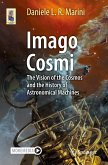
26,99 €
Versandfertig in 6-10 Tagen
Broschiertes Buch
The Vision of the Cosmos and the History of Astronomical Machines
1st ed. 2023
8. September 2023
Springer / Springer Nature Switzerland / Springer, Berlin
978-3-031-30943-4
| eBook, PDF | 27,95 € |
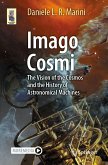
27,95 €
Sofort per Download lieferbar
Broschiertes Buch
Visioni del Cosmo e Storia delle Macchine Astronomiche
14. Dezember 2024
Springer / Springer Nature Switzerland / Springer, Berlin
978-3-031-61807-9
| eBook, PDF | 21,95 € |
32,09 €**
21,95 €
**Preis der gedruckten Ausgabe (Broschiertes Buch)
Sofort per Download lieferbar
Ähnliche Artikel
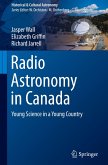
Gebundenes Buch
Young Science in a Young Country
24. Dezember 2024
Springer / Springer Nature Switzerland / Springer, Berlin
978-3-031-12933-9
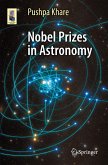
21,99 €
Versandfertig in 6-10 Tagen
Broschiertes Buch
1st ed. 2023
1. Juli 2023
Springer / Springer International Publishing / Springer, Berlin
978-3-031-29638-3
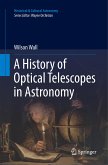
Broschiertes Buch
Softcover reprint of the original 1st edition 2018
3. Januar 2019
Springer / Springer International Publishing / Springer, Berlin
978-3-030-07564-4
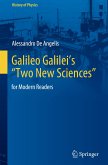
Gebundenes Buch
for Modern Readers
1st edition 2021
6. September 2021
Codice Edizioni / Springer / Springer International Publishing / Springer, Berlin
978-3-030-71951-7
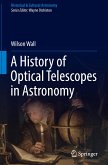
Gebundenes Buch
1st edition 2018
11. Oktober 2018
Springer / Springer International Publishing / Springer, Berlin
978-3-319-99087-3
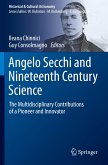
Broschiertes Buch
The Multidisciplinary Contributions of a Pioneer and Innovator
1st edition 2021
27. Februar 2022
Springer / Springer International Publishing / Springer, Berlin
978-3-030-58386-6
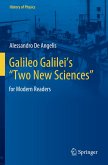
Broschiertes Buch
for Modern Readers
1st edition 2021
7. Januar 2023
Codice Edizioni / Springer / Springer International Publishing / Springer, Berlin
978-3-030-71954-8
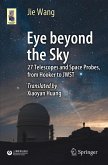
27,99 €
Versandfertig in 6-10 Tagen
Broschiertes Buch
27 Telescopes and Space Probes, from Hooker to JWST
2024
18. September 2024
Shanghai Educational Publishing House / Shanghai Educational Publishing House Co., Ltd. / Springer /
978-981-99-9817-3
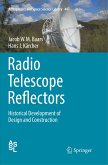
Broschiertes Buch
Historical Development of Design and Construction
Softcover reprint of the original 1st edition 2018
31. August 2018
Springer / Springer International Publishing / Springer, Berlin
978-3-319-87958-1
Ähnlichkeitssuche: Fact®Finder von OMIKRON
